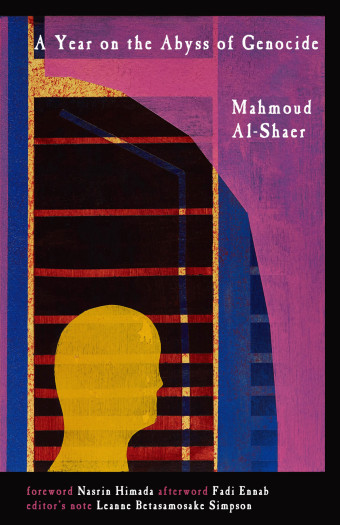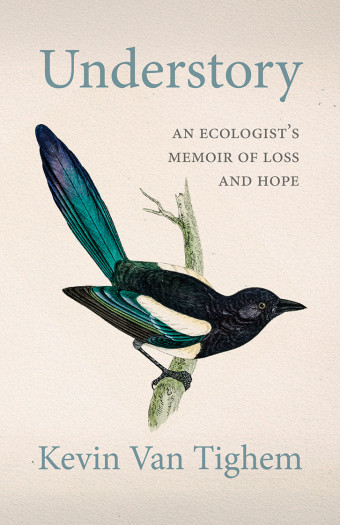Performing Turtle Island: Indigenous Theatre on the World Stage collects multidisciplinary and diverse perspectives that discuss performance as a tool for engagement, education, and resistance, and examines how communities can construct Indigenous identities through theatre.
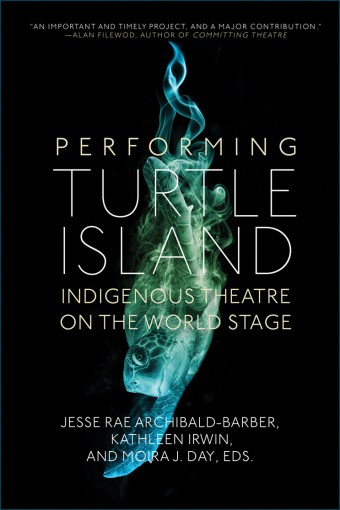
- Performing Turtle Island
- Jesse Rae Archibald-Barber (Editor), Kathleen Irwin (Editor), Moira J. Day (Editor)
- University of Regina Press
- $29.95 Paperback, 256 pages
- ISBN: 978-08-89776-56-2
The project was partially inspired by a symposium called Performing Turtle Island: Fluid Identities and Community Continuities, at the University of Regina and the First Nations University of Canada in the fall of 2015, where over 100 established and emerging scholars and artists focused on how Indigenous theatre and performance are connected to Indigenous ways of knowing and well-being.
After the success of the gathering, organizers wanted to publish some of the insightful and groundbreaking work being done.
“The resulting collection offers far more than a record of the symposium,” co-editor Jesse Rae Archibald-Barber says, “as each chapter provides direct knowledge and applicable advice on how to navigate the many challenges that may arise when creating and producing Indigenous performance.
“This kind of resource is critical for teachers and practitioners, especially considering how Indigenous performances often aim at confronting the violent legacies of our colonial past while opening new pathways to self-empowerment through the very process of performance.”

Archibald-Barber, along with fellow editors Kathleen Irwin and Moira J. Day, invited participants of that gathering to submit a chapter, and contributors include Michael Greyeyes, Armand Garnet Ruffo, Daniel David Moses, Spy Dénommé-Welch, Carol Greyeyes, Yvette Nolan, Dione Joseph, Kahente Horn-Miller, and Floyd P. Favel, among others.
“Our aim was to place Indigenous performance in dialogue with other nations, both on the shores of Turtle Island and on the world stage,” says Archibald-Barber, who is a professor of English and Indigenous Literatures and the head of the Department of Indigenous Languages, Arts, and Cultures at First Nations University of Canada in Regina.
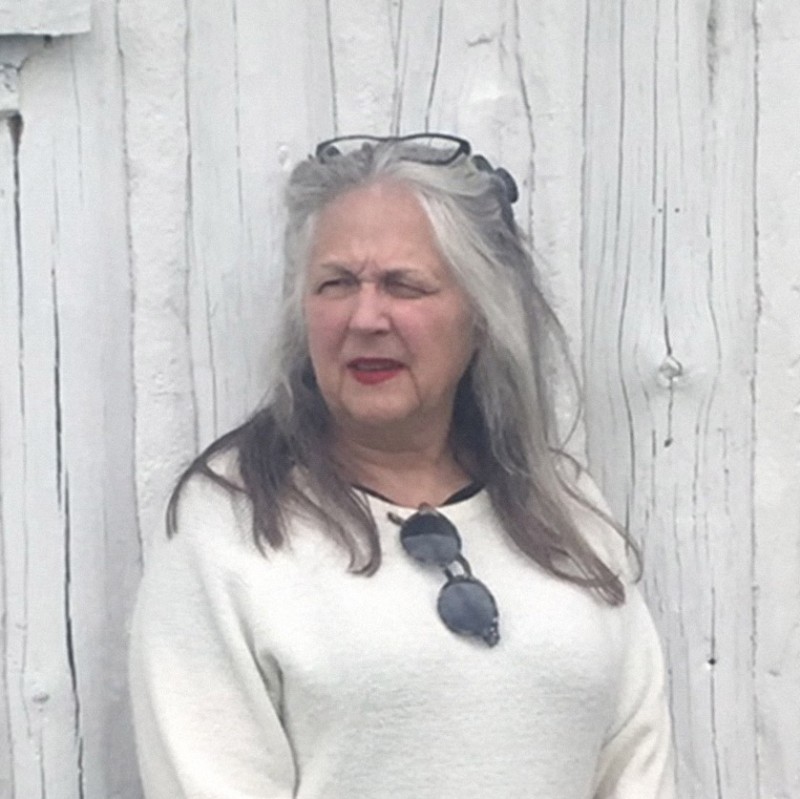
This cross-pollination of cultural practices is key. “It is the ways in which Indigenous artists draw on those cultural practices to reclaim traditions as well as create new forms of knowledge and performance that make up the guiding threads of the works in the collection,” she says, “with particular attention paid to the ways in which models indigenous to Turtle Island are in diverse, multidimensional, and fluid dialogue with models indigenous to other places.”
The first section of the collection addresses the processes of performing Indigeneity and what this means to contemporary theatre and performance arts, with chapters from writers, teachers, and performers who work within existing professional structures in the arts and education while advancing efforts at decolonization and reconciliation.
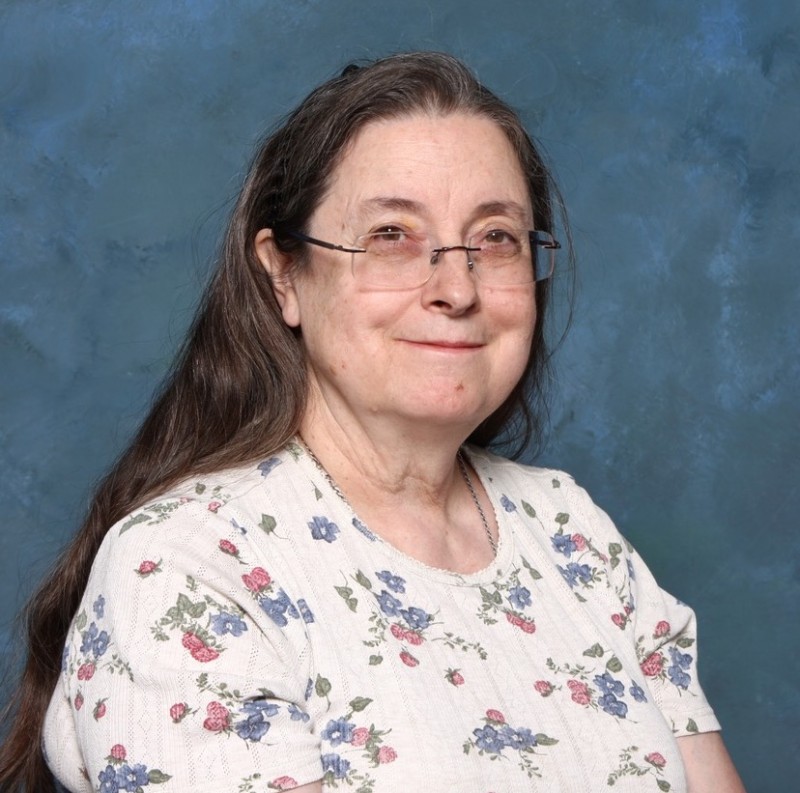
The second section shifts the focus to the dramatic text. Archibald-Barber says, “All the chapters in the second section are intensely focused on how traditional concepts of ‘text’ and ‘performance’ have been complicated, subverted, exploded, and radically transformed by processes of decolonization that also dialogue in complex, edgy, and provocative ways with the ends of reconciliation.”
According to Archibald-Barber, the editors of Performing Turtle Island “hope to open up discussion around Indigenous theatre and performance practices. It is important to understand Indigenous cultures as sovereign and living histories of knowledge, meaning, and identities, and we see that the practices represented in the collection are also profound opportunities for community engagement, education, and creative expression.”






